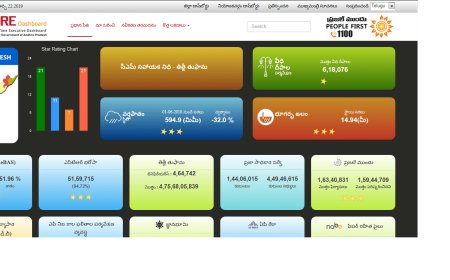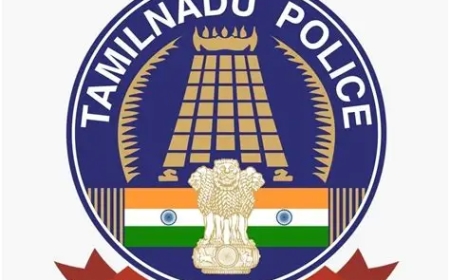Know your English | Is he merely just a rival or the arch-rival?

How is ‘sine die’ pronounced? (J. Parthasarathy, Chennai)
There are several ways of pronouncing this formal expression, frequently used in the media when our Parliament is in session. I will deal with two of them. Both words consist of two syllables each; the first syllable in ‘sine’ sounds like ‘sin’, while the second syllable in both words rhyme with ‘bay’, ‘hay’ and ‘day’. The ‘di’ in ‘die’ rhymes with ‘see’, ‘bee’ and ‘fee’. One way of pronouncing the expression is ‘si-nay DEE-ay’ with the stress on the first syllable of ‘die’. The Americans, on the other hand, sometimes pronounce the first word ‘sign -i’, and the second, like the word ‘die’. They pronounce the expression ‘sign -i DIE’. In Latin, ‘sine’ means ‘without’ and ‘die’ means ‘day’ — the expression is mostly used in legal contexts to mean ‘without a fixed date’ or ‘indefinitely’. When a session in Parliament ends sine die, what it means is that it ended abruptly, and we don’t know when the matter will be taken up next.
As the key witness suffered a heart attack, the case has been advanced sine die.
What is the difference between ‘rivals’ and ‘arch-rivals’? (N.R. Raghuram, Hyderabad)
In everyday contexts, the word ‘rival’ is mainly used to refer to someone whom you are competing against for something — it could be for a job, a title in a tournament, the love of an individual, etc. Any person who competes against you for something, can be called a rival. But not all rivals may be as good or as qualified as you — but some may be far better than you. The word comes from the Latin ‘rivus’ meaning ‘stream’ or ‘brook’. The original meaning of ‘rival’ was someone you shared a stream with; in other words, the two of you were competing for the same fish.
Shekar is ranked number 1 and you’re ranked 155. He doesn’t consider you a rival.
I just heard that you have no serious rival for the job.
The prefix ‘arch’ rhymes with ‘starch’ and ‘march’, and it is mostly used to mean ‘chief’ or ‘principal’. There are several words in English which have ‘arch’ as a prefix: Archbishop (chief bishop), archduke (chief duke), and archenemy (main enemy) to name just a few. The term ‘arch-rival’, which can be used in different contexts — sports, business, etc. — is mostly used to refer to an individual’s main competitor or adversary. During a player’s career, he may have many rivals; but there may be only one or two, he may call his ‘arch-rival’. For example, till he retired from tennis, Roger Federer’s arch-rival was Raphael Nadal. Unlike a ‘rival’, an ‘arch-rival’ is someone that a person has played against many times. The rivalry between the has two spanned over several years; being a long standing one, there is a sense of excitement and anticipation when the two adversaries meet. In cricket, even today, Pakistan is seen as India’s arch-rival — not England or Australia. Given the history between the two countries, it is quite understandable. When two arch-rivals meet, it is not just the players who are excited, even the fans get passionately involved in what is happening on the field. England has always been Australia’s arch-rival as far as cricket is concerned.
According to this report, in India, Amazon and Flipkart are arch-rivals.
upendrankye@gmail.com
What's Your Reaction?
 Like
0
Like
0
 Dislike
0
Dislike
0
 Love
0
Love
0
 Funny
0
Funny
0
 Angry
0
Angry
0
 Sad
0
Sad
0
 Wow
0
Wow
0























































































